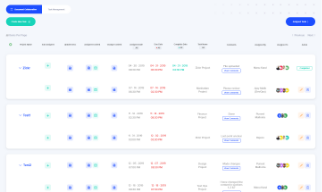While there are many factors that can increase stress levels in individuals today, the workplace is one of the most prominent causes. Prolonged stress increases the chances of poor mental health among individuals which lead to other symptoms like insomnia, perpetual fatigue, irritability and lack of concentration. According to the World Economic Forum, individuals are now more likely to prioritize their health and well-being emerging from the pandemic.






